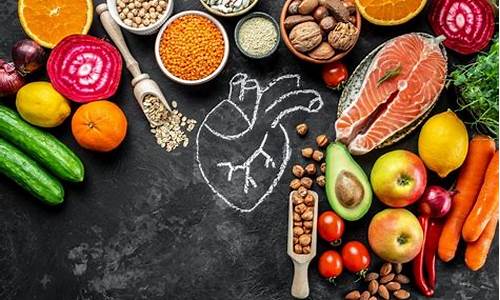Cholesterol is a fatty substance essential for various bodily functions, but too much of it, especially the “bad” LDL cholesterol, can lead to serious health issues like heart disease. One effective way to manage cholesterol levels is by making strategic changes to your diet. This article will explore various dietary tips that can help you control your cholesterol and promote overall cardiovascular health. By adopting certain foods and eliminating others, you can make a significant difference in your cholesterol levels.
Understanding Cholesterol and Its Impact on Health
Cholesterol is divided into two main types: LDL (low-density lipoprotein) and HDL (high-density lipoprotein). LDL is often referred to as “bad cholesterol” because it can build up in the arteries, leading to blockages and increasing the risk of heart disease. On the other hand, HDL is known as “good cholesterol” because it helps remove LDL from the bloodstream. Maintaining a balance between these two types is essential for good health.
Incorporate More Fiber-Rich Foods
A diet high in fiber can help lower LDL cholesterol. Soluble fiber, found in foods like oats, barley, and beans, binds to cholesterol in the digestive system and helps remove it from the body. Incorporating these fiber-rich foods into your meals regularly can help maintain healthy cholesterol levels.

Choose Healthy Fats
Not all fats are bad for you. While trans fats and saturated fats can raise cholesterol levels, unsaturated fats can help lower them. Foods like olive oil, avocados, and nuts are excellent sources of healthy fats. Replacing unhealthy fats with these can help improve your cholesterol profile.
Limit Red Meat and Processed Foods
Red meat and processed foods, such as sausages and hot dogs, are often high in saturated fats and cholesterol. Reducing your intake of these foods can significantly improve your heart health. Instead, try opting for lean protein sources like fish, chicken, and plant-based alternatives.
Increase Omega-3 Fatty Acids
Omega-3 fatty acids, found in fatty fish like salmon, flaxseeds, and walnuts, can help lower LDL cholesterol levels while boosting HDL cholesterol. Adding more of these foods to your diet can promote better cholesterol management and overall cardiovascular health.
Conclusion
By making these dietary adjustments, you can effectively control your cholesterol levels and reduce the risk of cardiovascular diseases. Incorporating fiber, healthy fats, and omega-3s while limiting processed and red meats will support a healthier heart and body. Consistency is key, and with time, these changes can lead to significant improvements in your cholesterol profile.